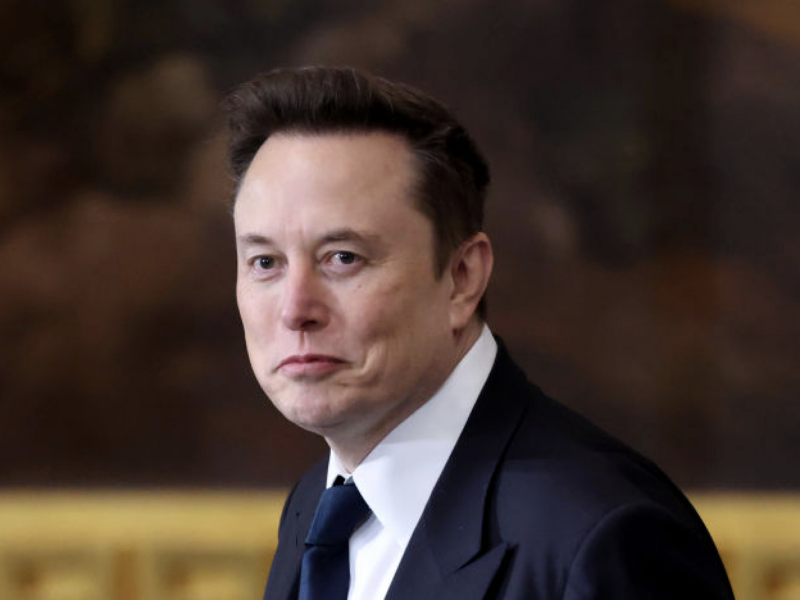This article is a joint publication of Workday Magazine and In These Times. President Donald Trump stood behind a podium in a large clearing of the Rose Garden, American flags hanging vertically between each White House column, to lambast a global trade system in which “our country has been looted, pillaged, raped and plundered by nations near and far, both friend and foe alike.”
It was April 2, which Trump deemed “Liberation Day,” and he was declaring “economic independence” from the rest of the world. The message was that of an underdog finally standing up against abuse. Workers have “watched in anguish as foreign leaders have stolen our jobs, foreign cheaters have ransacked our factories and foreign scavengers have torn apart our once beautiful American dream,” the president said. “We had an American dream that you don’t hear so much about.”
The headlines were dramatic. “Trump’s tariffs mark the end of an era for free trade in North America,” the Washington Post proclaimed. But what were the president’s actual grievances?
















